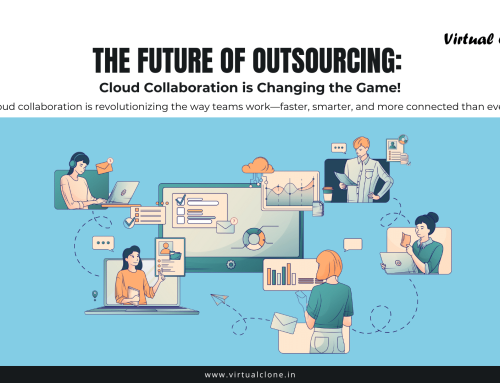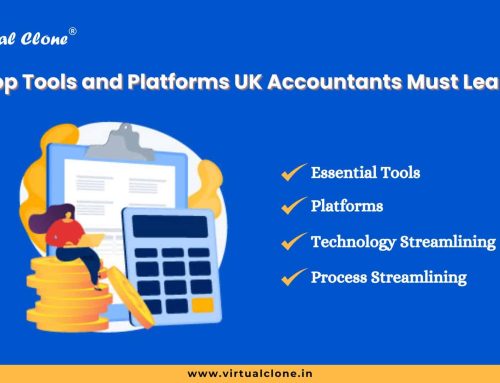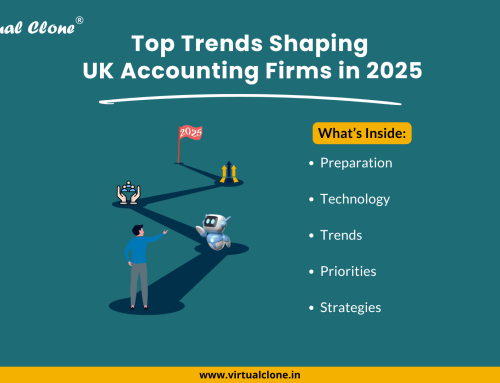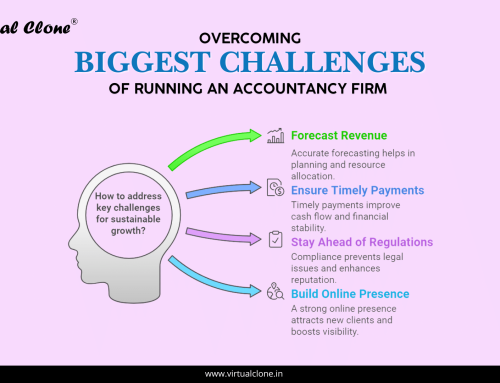Recruitment is a critical function for any organization, as finding the right talent can make or break a company’s success. Over the years, two main methods of recruitment have evolved: Recruitment Process Outsourcing (RPO) and Traditional Recruiting. While both aim to connect businesses with skilled candidates, they differ in approach, cost, flexibility, and overall effectiveness. Let’s dive into the key points of comparison between RPO vs Traditional Recruiting to help you decide which is the better fit for your organization.
What is RPO?
Recruitment Process Outsourcing (RPO) involves partnering with an external provider who takes over some or all aspects of your recruitment process. RPO providers offer tailored solutions and act as an extension of your HR team, managing tasks such as candidate sourcing, screening, onboarding, and even employer branding. When considering “RPO vs. Traditional Recruiting,” this method stands out for its scalability and strategic alignment with business goals.
What is Traditional Recruiting?
Traditional recruiting typically involves internal HR teams or external recruitment agencies that focus on filling specific positions as they arise. It is often a transactional model where recruiters work on a per-job or commission-based system. “RPO vs. Traditional Recruiting” also highlights how this approach emphasizes immediate hiring needs but may lack the long-term strategic benefits of RPO.
RPO vs. Traditional Recruiting: Key Differences
Understanding the differences between RPO and Traditional Recruiting is essential for making an informed decision. Let’s explore the contrasting aspects of these two recruitment strategies and how they align with your business objectives.
RPO | Traditional Recruiting | ||
|---|---|---|---|
| 1 | Approach to Hiring | Focuses on a strategic, long-term approach. It’s about building pipelines of talent and improving overall hiring processes. | Aims at quickly filling positions, often focusing on immediate needs without considering long-term talent planning. |
| 2 | Scope of Services | Offers end-to-end recruitment services, including job market analysis, sourcing, interviewing, onboarding, and even retention strategies. | Mainly handles candidate sourcing and placement for specific roles. |
| 3 | Cost Structure | Typically charges a fixed monthly or project-based fee, making costs predictable and often more economical for large-scale recruitment. | Works on a contingency or commission model, charging a percentage of the candidate’s annual salary. This can become expensive for frequent hiring needs. |
| 4 | Flexibility | Highly flexible and scalable. Businesses can ramp up or down recruitment efforts based on their needs. | Less flexible, as recruitment agencies focus on specific roles and may not adapt easily to changing demands. |
| 5 | Technology and Tools | Leverages advanced recruitment technologies, such as Applicant Tracking Systems (ATS), AI-driven sourcing tools, and data analytics, to streamline the process. | May or may not use modern tools, depending on the agency’s capabilities and budget. |
| 6 | Employer Branding | Often includes employer branding as part of its service, helping companies improve their reputation as a great place to work. | Generally does not focus on employer branding. |
| 7 | Candidate Experience | Prioritizes creating a positive and consistent experience for candidates throughout the hiring process. | Candidate experience varies and is often secondary to filling positions quickly. |
| 8 | Time to Hire | Streamlines processes to reduce time-to-hire while maintaining quality. | Time-to-hire can be longer due to the transactional nature of the process. |
| 9 | Integration with Business Goals | Aligns closely with a company’s business objectives and workforce planning. | Operates more independently, with less alignment to broader business goals. |
Pros of Using RPO
- Cost Savings: By streamlining the recruitment process and eliminating inefficiencies, RPO providers can reduce overall recruitment costs.
- Scalability: RPO solutions can easily scale up or down to meet hiring demands, making it ideal for companies with fluctuating needs.
- Expertise: RPO providers have specialized knowledge and experience in recruitment, ensuring higher-quality hires.
- Access to Technology: Businesses gain access to advanced recruitment tools and analytics without having to invest in them directly.
- Improved Employer Branding: RPO providers often work on enhancing a company’s reputation as an employer, attracting top-tier talent.
- Faster Time-to-Hire: Streamlined processes and a focus on efficiency result in quicker placements without compromising quality.
- Focus on Core Business: By outsourcing recruitment, internal teams can focus on strategic goals and other core activities.
- Data-Driven Decisions: RPO providers utilize data and analytics to continuously improve hiring strategies and outcomes.
When to Choose RPO?
RPO is an ideal choice if:
1. Your organization has frequent or large-scale hiring needs.
RPO providers excel in managing high-volume recruitment. They have the resources and expertise to handle multiple job openings efficiently, ensuring quality hires without overwhelming your internal HR team. This makes RPO a perfect solution for businesses experiencing rapid growth or seasonal hiring spikes.
2. You want to improve your recruitment process efficiency.
RPO providers analyze and optimize your hiring workflows, leveraging technology and best practices to eliminate inefficiencies. Their streamlined approach ensures a faster and smoother recruitment process, saving time and reducing costs.
3. Employer branding and candidate experience are a priority.
RPO services often include employer branding strategies to position your company as an attractive workplace. They also focus on delivering a positive candidate experience, from clear communication to personalized interactions, which enhances your reputation in the job market.
4. You need a flexible, scalable solution.
RPO models are highly adaptable to your organization’s changing needs. Whether you need to scale up during peak hiring periods or scale down during slower times, an RPO provider can adjust their services accordingly without compromising quality.
5. You are looking to leverage modern recruitment tools and analytics.
RPO providers use advanced tools like AI-driven sourcing, Applicant Tracking Systems (ATS), and data analytics to find and assess candidates effectively. These technologies help identify the best talent, reduce biases, and provide valuable insights into your recruitment strategies.
When to Choose Traditional Recruiting?
Traditional recruiting works best if:
1. You have occasional hiring needs.
For businesses that hire sporadically or only need to fill a few positions a year, traditional recruiting is a cost-effective option. You pay for services only when you need them, avoiding long-term commitments.
2. You are filling a few niche roles that require specialized expertise.
Recruitment agencies often have networks and expertise in specific industries, making them ideal for sourcing candidates for specialized or hard-to-fill roles. They can quickly identify suitable candidates through their targeted approach.
3. Your budget is limited to specific hiring projects.
If your recruitment budget is constrained, traditional recruiting can be a practical choice. You’ll only incur costs for individual roles or projects, allowing for more controlled spending compared to an ongoing RPO partnership.
4. You prefer a straightforward, transactional approach.
Traditional recruiting is simple and focused. Agencies aim to fill roles quickly and efficiently without getting involved in broader organizational strategies or long-term talent planning. This approach works well for businesses seeking quick fixes without additional complexities.
Conclusion
Choosing between RPO and Traditional Recruiting depends on your company’s size, hiring needs, and long-term goals. RPO offers a comprehensive, strategic solution that can transform your recruitment process, while Traditional Recruiting is a quick fix for immediate hiring requirements. Evaluate your business objectives and resources to determine the best fit for your organization. No matter which path you choose, the ultimate goal remains the same: finding and hiring the best talent to drive your business forward.
Looking to streamline your recruitment process or need expert guidance? Virtual Clone can help! Whether it’s through tailored RPO solutions or assistance with traditional recruiting, we ensure your business gets the right talent at the right time. Contact us today to learn more about how we can support your hiring needs!






